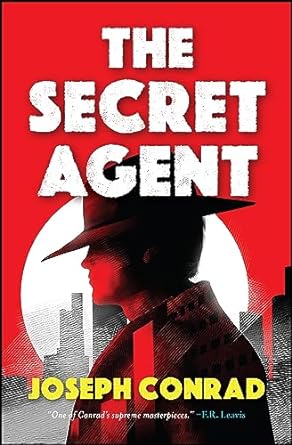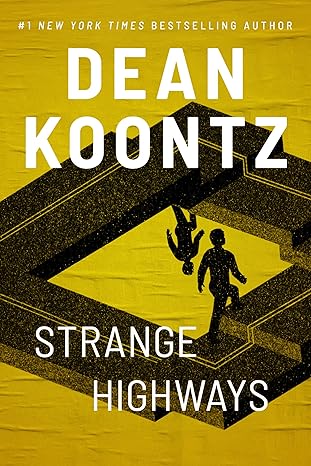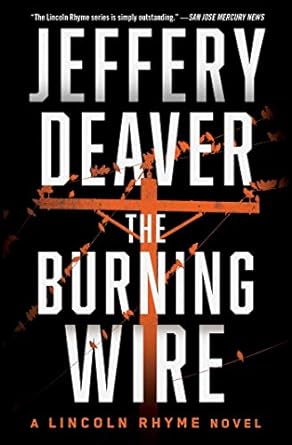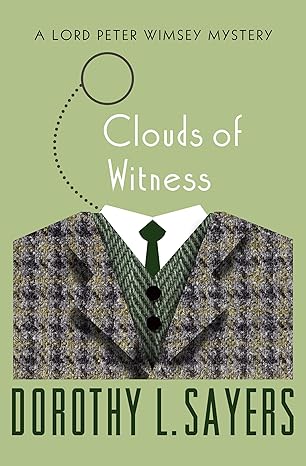
The Secret Agent
‘The Secret Agent’ by Joseph Conrad tells the story of Mr. Adolf Verloc and his work as a spy against Britain. In a rough-and-ready shop in Soho in Victorian London, Mr. Verloc lives a humble existence sustaining himself, his wife, her infirm mother, and her disabled brother, Stevie. But all is not as it seems with Mr. Verloc, a secret agent in the employ of a foreign government. Verloc is a businessman who owns a shop that sells pornographic material, contraceptives, and bric-a-brac. His friends are a group of anarchists of which Comrade Ossipon, Michaelis, and "The Professor" are the most prominent. The group produces anarchist literature in the form of pamphlets entitled F.P.—The Future of the Proletariat. Although a member of an anarchist cell, Verloc is also secretly employed by the embassy of a foreign country, but Mr. Vladimir, the new First Secretary in the Embassy is not satisfied with Verloc's contribution. In order to redeem himself, Verloc must carry out an operation—the destruction of Greenwich Observatory by a bomb.
BEST DEALS
About the Author
Joseph Conrad (born Józef Teodor Konrad Korzeniowski) was a Polish-born English novelist who today is most famous for Heart of Darkness, his fictionalized account of Colonial Africa.
Conrad left his native Poland in his middle teens to avoid conscription into the Russian Army. He joined the French Merchant Marine and briefly employed himself as a wartime gunrunner. He then began to work aboard British ships, learning English from his shipmates. He was made a Master Mariner, and served more than sixteen years before an event inspired him to try his hand at writing.
He was hired to take a steamship into Africa, and according to Conrad, the experience of seeing firsthand the horrors of colonial rule left him a changed man.
Joseph Conrad settled in England in 1894, the year before he published his first novel. He was deeply interested in a small number of writers both in French and English whose work he studied carefully. This was useful when, because a need to come to terms with his experience, lead him to write Heart of Darkness, in 1899, which was followed by other fictionalized explorations of his life.
He has been lauded as one of the most powerful, insightful, and disturbing novelists in the English canon despite coming to English later in life, which allowed him to combine it with the sensibilities of French, Russian, and Polish literature.












